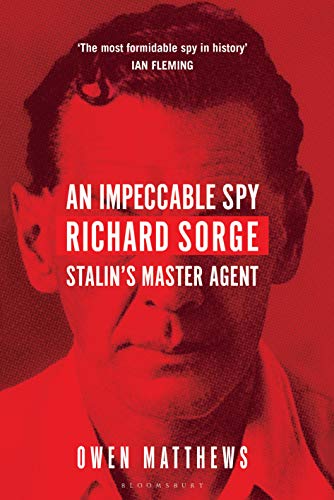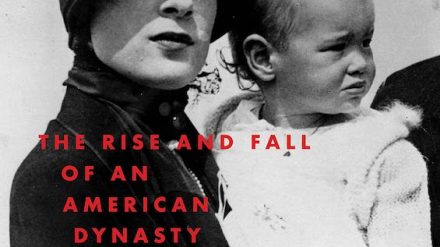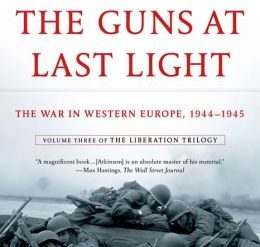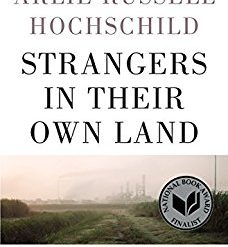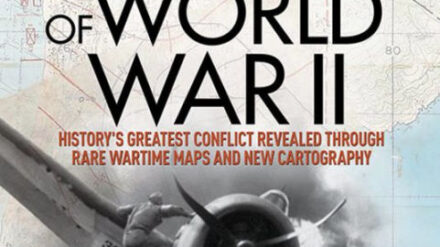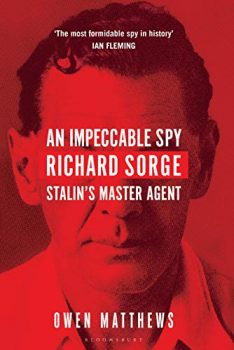
Estimated reading time: 7 minutes
Who was the greatest spy of the twentieth century?
Was it Kim Philby (1912-88), who served Moscow for three decades? Philby’s revelations led to the execution of numberless British and American agents behind the Iron Curtain, and his defection in 1963 pushed the CIA’s James Jesus Angleton over the abyss into the full-blown paranoia that almost destroyed the Agency.
Or was it Eli Cohen (1924-65), whose undercover work in Damascus helped Tel Aviv win the lightning Arab-Israeli war in 1967?
How about Aldrich Ames (1941-)? He compromised more highly classified CIA assets than any other officer in history . . . until Robert Hanssen‘s arrest seven years later in 2001.
And British nuclear scientist Klaus Fuchs (1911-88) gave Josef Stalin the secret of the atomic bomb.
In fact, perhaps that greatest spy was none of these men. It might well have been someone, either a man or a woman, who is entirely unknown to history, someone whose work has never come to light.
But in An Impeccable Spy, Owen Matthews makes a convincing case that Richard Sorge (1895-1944), “Stalin’s Master Agent,” merits the distinction. Certainly, Ian Fleming thinks so. He termed Sorge “the most formidable spy in history.”
An Impeccable Spy: Richard Sorge, Stalin’s Master Agent by Owen Matthews (2019) 448 pages ★★★★★
Was this man really the greatest spy of the twentieth century?
So, why would Ian Fleming say that about Richard Sorge? Here, from the pages of Owen Matthews’s brilliantly researched biography, are a few facts:
Scholar, journalist, and spy
Sorge, who was born in the Russian Empire of a Russian mother and a German father, spoke both languages flawlessly (among others). He held a doctorate in political science from the University of Hamburg and in the course of his life turned out turgid scholarly articles as well a torrent of analysis and commentary on Chinese and Japanese politics for Germany’s most prestigious newspaper, the Frankfurter Zeitung. Sorge was so widely respected both as a journalist and as a scholar that some of those closest to him during World War II refused to believe after the war that he had been a spy.
He was equally effective in spying on Nazi Germany and Imperial Japan
Sorge was an active Communist who began spying for the Comintern immediately after World War I and, later, for Soviet military intelligence (today the GRU). Nonetheless, he managed to join the Nazi Party and eventually become a close personal friend and part-time employee of the German ambassador to Tokyo. Through his access to top-secret Nazi communications, he was able to advise his handlers in Moscow of Germany’s intention to invade the Soviet Union. Meanwhile, he was also running agents who were embedded at the very top of the Japanese government and was equally able to monitor Japan’s on-and-off-again plans to invade Siberia.
Ironically, for years Berlin took his reports on Japanese politics more seriously than Moscow. “Sorge ‘regularly got telegrams with scoldings and admonitions’ from his handlers. “Stalin was convinced he [himself] knew the truth about Germany and Japan’s intentions. No information that Sorge could provide, however solidly sourced, was capable of swaying the paranoid khozain — boss of the Kremlin — from his belief that Germany had been successfully contained but that Japan remained a fatal threat. The truth was precisely the opposite.”
Sorge’s reports answered Moscow’s #1 question
During the 1930s, Imperial Japan represented a far bigger threat to the Soviet Union than Germany, and Moscow’s view of the two countries became even more entrenched after the Nazi-Soviet Pact in 1939. Following the invasion of the USSR (June 22, 1941), the question of Japan’s intentions became even more important. Thus, as Matthews reports, “The effort to avoid a two-front war with Germany and Japan became the basic motive of every Russian diplomatic action from the last months of 1936 almost until the end of the Second World War.”
If the Japanese were to invade from the east while the Germans were threatening Moscow and Leningrad from the west, Stalin’s government might well fall. From the perspective of his masters in Moscow, then, Sorge’s main task both in Shanghai (1930-32) and in Tokyo (1933-41) was to learn whether Japan was likely to invade Siberia — and, if so, to exert influence to head off the attack. Through a ring of spies he recruited, Sorge kept his handlers fully apprised of the rapidly changing currents of Japanese military policy for more than a decade. Amazingly, it also seems likely that, at least for a time, his agents helped to shift the objectives of the Japanese military from the north (Siberia) to the south (Indonesia and Singapore).
Sorge uncovered the biggest secret of the war
Those of us in the West are prone to regard the time and place of the Normandy Invasion as the biggest secret of World War II. However, at least as important, if not more so, was the date and extent of the Nazi invasion of the Soviet Union. After all, less than a year and a half before, Hitler and Stalin had pledged not to invade each other’s country. Any intention to break that pact would have been (and certainly was) earth-shaking. Sorge was one of several Soviet agents who predicted the invasion. But he reported the news not just once but in a flurry of increasingly hysterical messages to Moscow. Unfortunately, as the world now knows, Soviet intelligence discounted or played down all those reports because Stalin adamantly refused to believe them.
Surprising revelations from Matthews’s research
Matthews’s exceptionally thorough research has turned up what at least to me were startling revelations. Here are two:
Stalin had a plan to invade Germany
One of the justifications Hitler used in launching Operation Barbarossa was that he feared the USSR might pre-empt the attack and invade Germany first. It turns out, this was not sheer fantasy. “Stalin did indeed have a plan in place for invading German-occupied Poland and the Reich itself, if the need arose,” Matthews reports, “known as Operation Groza, the Russian for thunderstorm. In today’s Russia the very existence of this plan remains deeply controversial, as it contradicts the official historiography of an innocent Stalin double-crossed by Hitler. But the document can be found in a so-called osobaya papka, or special file, in the Russian Defence Ministry archive.”
Japanese diplomats in Washington were ignorant of the plan to bomb Pearl Harbor
In innumerable ways, Matthews demonstrates how complex and often contradictory was the political reality in Tokyo. There was, of course, a tug of war between the military and the civilian government. But the Japanese navy and the army were at least equally at odds, routinely pushing for different strategies in the Pacific. And, of course, there were many factions within the government as well. The result could be monumentally confusing, all of which made Sorge’s highly sophisticated understanding of the situation so much more valuable.
For example, “Even as Admiral Yamamoto’s naval strategists worked on their secret plans to destroy the US Pacific Fleet, official Tokyo still held on to the hope that a peace deal with America would give them a free hand to expand in Asia.” Yet most American accounts of those negotiations have held to this day that the Japanese diplomats in Washington were perfectly aware of the imminent attack on Pearl Harbor.
Only years later was Sorge recognized for his accomplishments
Matthews isn’t alone in thinking Sorge “The greatest spy of the twentieth century.” “Over a hundred books have been written in Japanese about the Sorge spy ring, and a thriving Tokyo-based Sorge Society holds well-attended annual conferences.” And “Sorge was made a posthumous Hero of the Soviet Union” in the 1960s when Nikita Khrushchev was General Secretary of the CPSU.
About the author
British historian and journalist Owen Matthews has written five books to date, of which An Impeccable Spy is the most recent. He has worked for Newsweek magazine since 1997, serving as Moscow Bureau Chief from 2006 to 2012.
For related reading
This is one of the 10 top WWII books about espionage.
I’ve also reviewed an excellent novel, A Single Spy by William Christie, on a somewhat similar theme. You’ll find the review at A Soviet spy in Nazi Germany.
You might also enjoy my posts:
- The 15 best espionage novels
- Good nonfiction books about espionage
- The best spy novelists writing today
- Top 10 mystery and thriller series
- Top 10 historical mysteries and thrillers
And check out:
- 10 top nonfiction books about World War II
- The 10 most consequential events of World War II
- The 10 best novels about World War II
- Great biographies
And you can always find my most popular reviews, and the most recent ones, on the Home Page.

